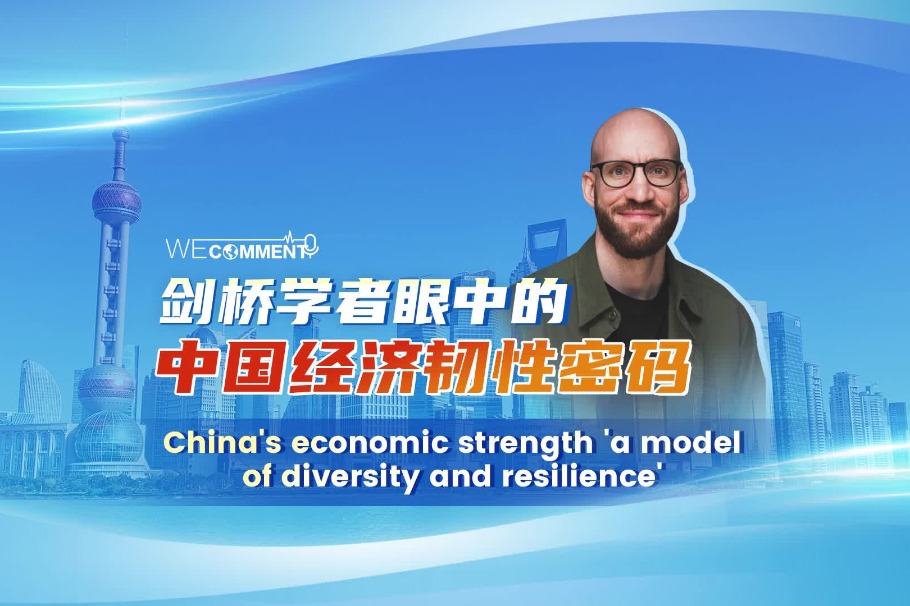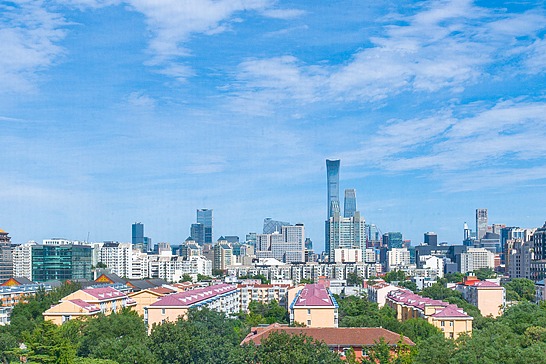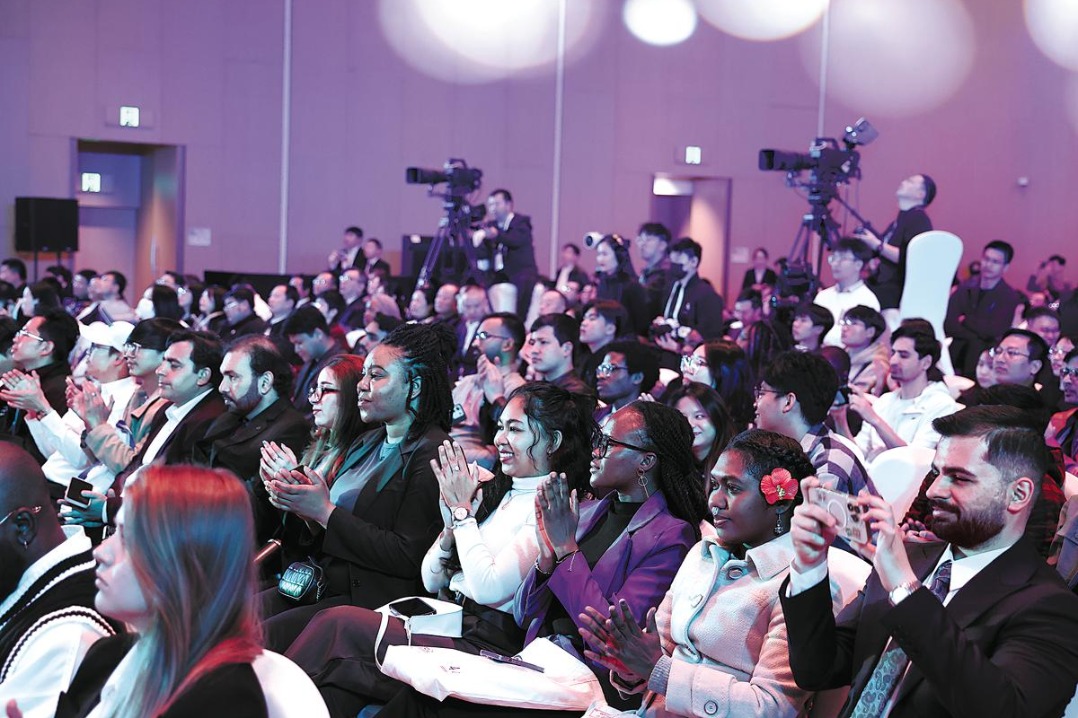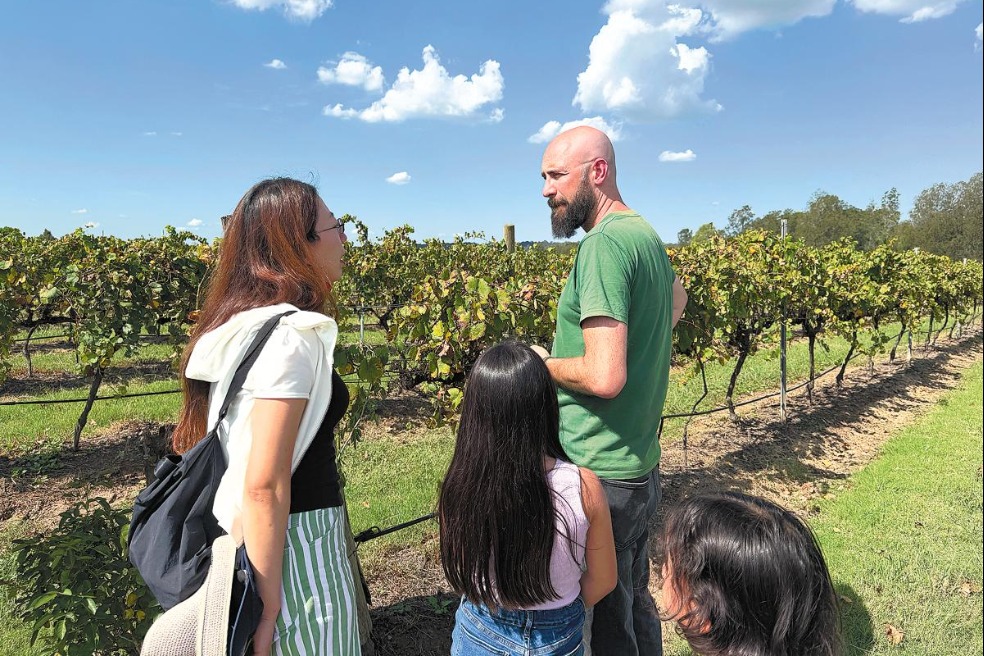Museum Summit speakers find wellness to nurture sustainable future

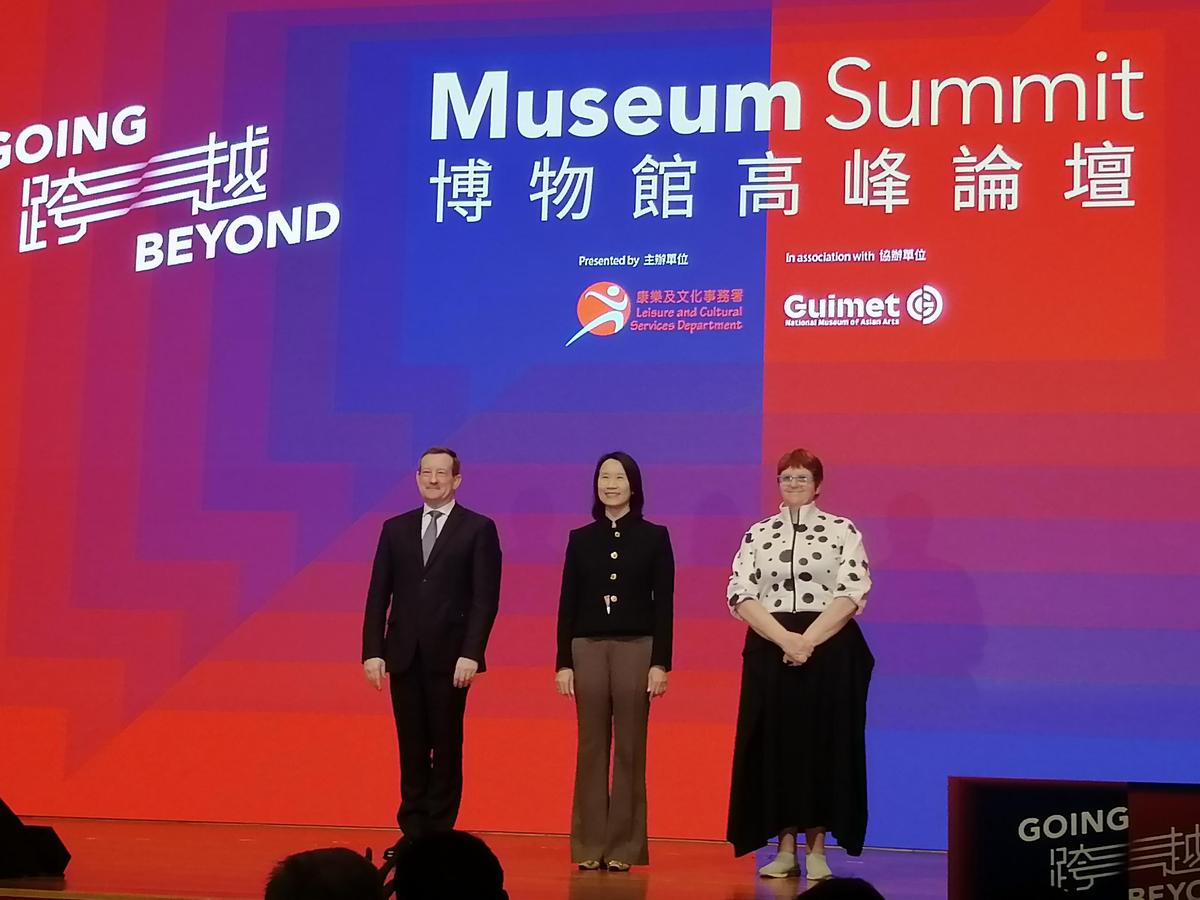
The future of museums could see more wellness and sustainable programs integrated into their functionality and platforms as healthy lifestyle and mindful living grow increasingly important in societies amid increasing challenges in security and spaces, Museum Summit 2025 heard in Hong Kong on Saturday.
The list of prestigious speakers who flew from different parts of the world from France, the United States, Australia, Qatar, Germany, Italy, Hungary and the Netherlands, to name but a few, were part of the "Museums + Wellness" sessions held on the second and final day of the Museum Summit conducted at the Hong Kong Convention and Exhibition Center in Wan Chai.
Each speaker was first given minutes to share the challenges and best practices from programs curated from their respective countries and how museums continue to play an integral role in society despite the presence of wars, economic crises, geopolitical tensions and modernization. A short panel was followed after all the experts were done with their presentations.
Speakers from Germany, Australia, the US and Anhui in the Chinese mainland shared how they have programs for people with dementia and programs to nurture children's mindfulness of their surroundings. The topic on making art accessible to people with disabilities was also a hot topic.
Speakers from Qatar and Turkiye shared how they were looking for ways to preserve as well as design their museums to make them more welcoming to their public.
When asked whether museums should be branded as a center for wellness, Zeina Arida, director at Mathaf: Arab Museum of Modern Art in Qatar said she does not think museums need a rebranding as "what we want is that museums are part of our daily lives".
"It's part of our lives, so why would we need to explain we are doing this for awareness? We are succeeding, visitors would just want to come back," said Arida.
Christiane Lange, director at Staatsgalerie Stuttgart in Germany, said she believes museums should be made "more public" because "it's our duty" and that it costs a lot when they do special programs with small groups of visitors.
She said such groups may not have many returns, budget-wise, but society wants museums to be present, to educate.
"We have to be advertising that more to get more response in a sense that the relevance of museums are always under discussions," said Lange.
"We are doing so many important things for the society, and therefore, we should be really proud to bring it out; just balance it. We save money when we go out to the museums. There are studies that prove that for the 1 Euro you spend in the museum, you save 3 Euros in the healthcare system," she added.













